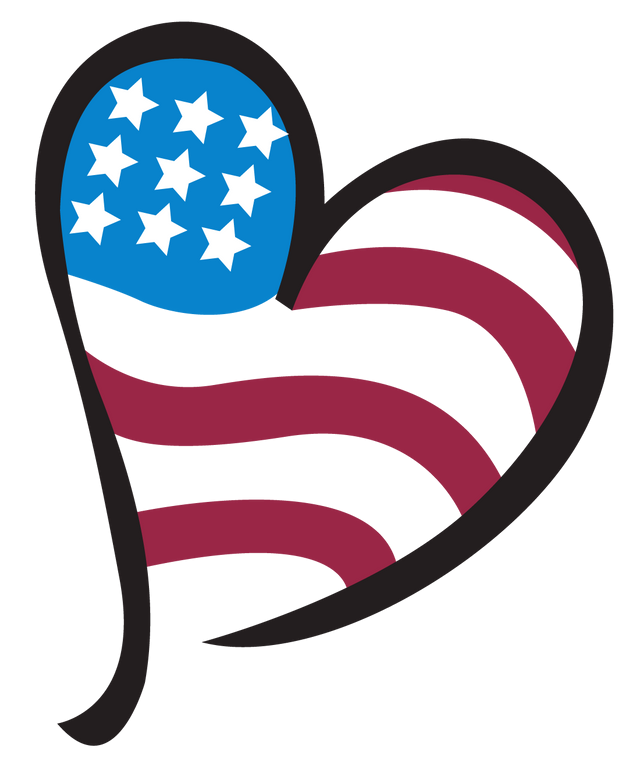Incident Reports

Incident Reports
–Unusual Occurrences–
Incident reports are an invaluable tool for the agency. They provide fact based information related to an actual or potential threat to well being of a client or staff member, inappropriate care or behavior or unusual occurrences. The agency uses incident reports in many ways; one of the most important is for continual improvement in care and safety of clients and staff members.
Every staff member should be familiar with what an incident is, when and how to report any unusual occurrence. The complete policy is included in the procedure manuals in the homes of private duty clients or by contacting HR for a hard copy of the policy. Forms are in the homes of private duty clients.
When: Within 24 hours of learning of an unusual occurrence. This report should be forwarded to your nursing supervisor or administrator within 24 hours.
How to Report: Should contain only objective facts, no inferences or assumptions should be made. Names of any witnesses including relationship to the client or title of the witness should be recorded. Whether or not a physician was contacted and any orders they gave as a result.
Examples of Unusual Occurrences Include but are not limited to:
- Medication Errors and Reaction: - any occurrence where a medication was administered or omitted in error, or due to non-compliance. This includes errors by client or caregivers. Any adverse effects from a medication.
- Client or staff endangerment/Injury: - any injury or potential endangerment to a Client or staff. This includes threats to ones' safety
- Decubitus Ulcers - New ulcer that reaches worsening stage III after start of care.
- Problem with Procedure, Protocol Error: The procedure/treatment has traumatized the Client, Client makes an error in the procedure after he/she was evaluated as independent and competent, Physician reports care that is inappropriate, unscheduled, provided without orders or caused the family to complain about the care provided.
- Untoward Outcomes – unexpected and unanticipated changes in client condition, changes in condition that are undesirable. Decline in condition.
- Non Professional or unethical behaviors
- Client or staff falls including those either witnessed or not.
- Refusal of treatment: - document Client's refusal of prescribed therapy or noncompliance with regard to administering prescribed therapy.
- Equipment malfunctioning/defect: - any occurrences where equipment or supplies have been defective or did not operate properly. Record the product name, model number, lot number, serial number, manufacturer and any other pertinent information.
- Medical emergency: - any occurrences where a Client required immediate medical emergency intervention (i.e., calling 911, CPR, administration of emergency drugs).
Once a report is made an investigation of the occurrence will be conducted if necessary. All incidents are presented to the Professional Advisory Board and recommendations may be made to thwart off any further such incidents. Each staff member is held responsible for reporting incidents and accountable for the ongoing health, safety and welfare of clients and staff alike. Anyone knowing of an incident and failing to report it can be disciplined accordingly. No staff member can or will be disciplined for reporting safety issues to the agency. All safety issues should be brought to the attention of your nursing supervisor. If you are unable to get a safety issue corrected through them, contact the Director of Nursing. Employees are encouraged to report unresolved safety or care issues to Joint Commission @ 1-800-994-6610 or email [email protected].

call for support
(630) 236-3501Email Us
[email protected]Available Time
8 A.M - 4:30 P.M. (Mon–Fri)Copyright © 2026 - American Home Health Care. All right reserved.
Powered By: Aguilera Web Design